Kept in the Dark
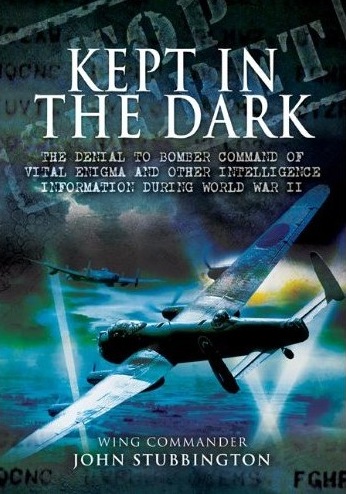
The Denial to Bomber Command of Vital Ultra and Other Intelligence During World War II
by John Stubbington
Even the casual reader will know that towards the end of World War Two allied forces had the capability of intercepting coded German communications. Think Enigma and Lorenz machines, and Bletchley Park aka Station X, the UK’s main decryption establishment. And maybe you do already know about ULTRA, the high-level intelligence produced there which is credited with shortening the war by years. How many years is anyone’s guess, and that’s where this book comes in, with a new and unsettling argument. Whatever Great Britain’s other achievements in that era, the topic of this book is a stain on its moral claims.
Wing Commander John Stubbington’s main point is that inter-agency rivalry between the UK’s Bomber and Fighter Commands, branches of the British government and the military, and between British and American forces interfered with the sharing of vital intelligence.
“It may be concluded that Sir Arthur Harris was fighting on two Fronts: one over Germany and one in Whitehall. Much the same had been true for Sir Hugh Dowding at Fighter Command before and during the Battle of Britain. His subsequent reward for that victory was to be relieved of command in circumstances that can only be described a s scandalous.”
“Culpable failure” is a mighty big word but Stubbington throws reams of data at the reader that are so compelling that it becomes difficult to accept why all this has not been common knowledge before. Now, he himself wasn’t around at the time the book covers but his entire professional life revolved around the collection and application of Intelligence. He graduated from RAF Technical College in 1961 and embarked on a career in electronic and defense intelligence, working with Bomber Command, the Electronic Warfare Support Unit, Support Command Signals HQ, USAF Intelligence Division, and the Royal Signals & Radar Establishment. After retiring from the RAF in 1985 he spent another 20 years in the UK defense industry. In other words, what this book is about is exactly what he knows. In still other words, he’s not just somebody with a conspiracy theory.
A mere glance at the extraordinarily complex Table of Contents makes clear right away that this is not a casual book for casual reading. Stubbington’s approach is methodical to a fault, surely because he is the first to expect resistance to his questioning of long-held beliefs and paradigms. As the reader, imagine yourself in a courtroom as opposing counsel is laying out their case. Follow the argument, weigh the evidence, render your verdict. Among the many interesting and controversial positions—inasmuch as they challenge assumptions heretofore taken as gospel—presented here are, for instance, that the division of tasks (Americans: daylight precision bombing of industrial targets/British: less precise nighttime bombing of city targets) must be declared a myth; or that it was not a physical shortage of oil (as a raw material for fuel) that caused the German military to run out of, literally, gas but that thanks to Allied precision bombing of transport lines they were unable to ship it or any other commodity anywhere useful. While it has been known to some degree all along, it is extraordinarily disturbing to be reminded of just how much parochialism, ignorance, and arrogance prevailed among the various parties that were supposed to build a united front against a formidable enemy. Professor John Dixon (an RAF pilot at the end of the war) calls it nothing less than criminal and dereliction of duty by people “driven by questionable forces” in his Foreword.
A good deal of the material has been culled from The National Archives (TNA) and the [Sir Arthur] Harris and Bletchley Park archives. The author is quick to point out that while the archive evidence “has the validity of Official Records,” the conclusions drawn from it are his, for better or for worse. His interest in the matter dates back to ca. 1985 when a great effort was underway to preserve Bletchley Park at which time he noted that much had been written about ULTRA reports but that little was recorded as to how that intelligence was applied. In 2007 he published a monograph, Bletchley Park Air Section Signals Intelligence Support to RAF Bomber Command: Combined Bombing Offensive 1943–1945, with the 8th US Army Air Force (Minerva Associates; ISBN-13: 978-0955712005), which was praised by Air Vice Marshal J B Main (who worked in the German Air Section 1940–1945) as the first thorough inquiry into the role of the Air Section at Bletchley Park and how their data output was used and how/if it influenced Whitehall’s data output. In Stubbington’s own mind, that work raised “unexpected questions” and his present book seeks to address them by expanding the discussion to politics and policy conflicts. He also investigates the issue of military doctrine because aerial bombardment was a relatively new tactic, the only large-scale precedent being WW I in which it had been of dubious success (due, largely, to the immature state of aviation technology at that time).
Considering the large amount of footnotes it is considerate of the author to put them right at the bottom of the pages on which they are called out. (You’d wear out the book otherwise from constantly flipping back and forth.) There is one section in the center of the book of smallish b/w photos; graphs and tables are interspersed with the text. Eighteen Appendices take up almost 100 pages; the reader new to the subject should first take a look at organizational charts and the like to get a sense for the divisions of labor and jurisdiction.
The Postscript strikes a distinctly pessimistic tone, likening the fates of Dowding and Harris to that of Admiral John Byng—in 1757. Lesson? Those who speak truth to power live a perilous life.
Abbreviations/glossary, a bibliography, and a thorough index round out the book.
Copyright 2010, Sabu Advani (speedreaders.info).


 RSS Feed - Comments
RSS Feed - Comments






























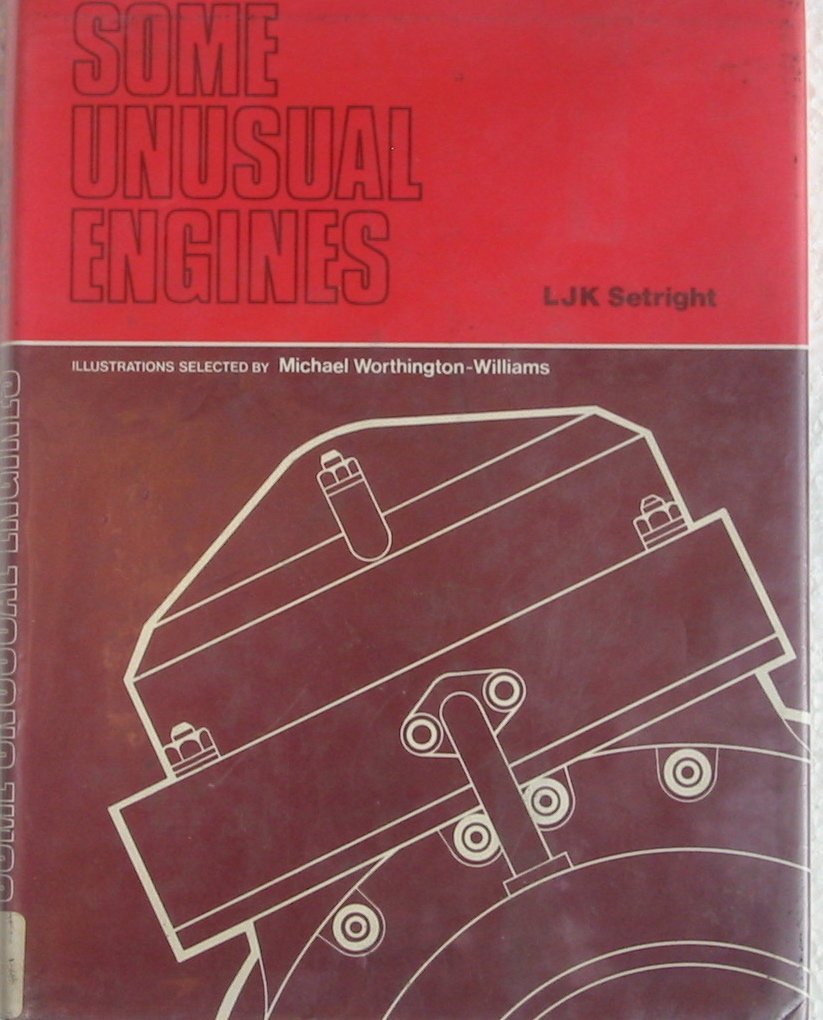
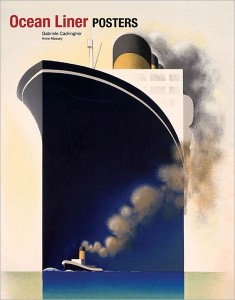


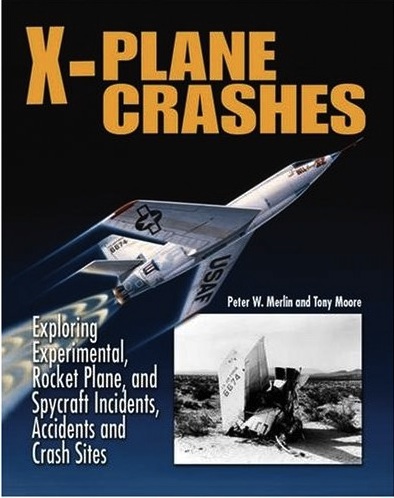












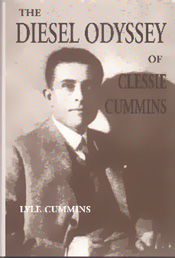






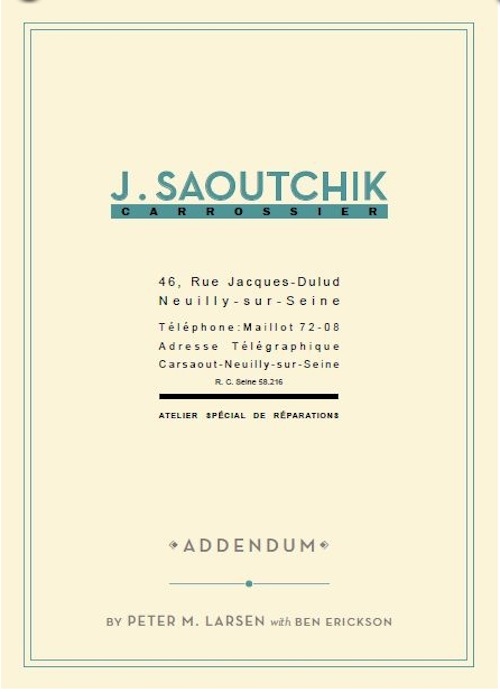


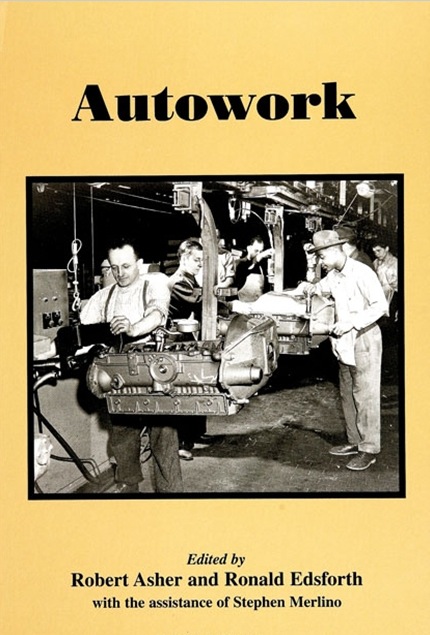




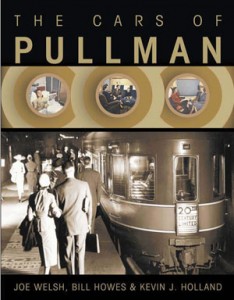







 Phone / Mail / Email
Phone / Mail / Email RSS Feed
RSS Feed Facebook
Facebook Twitter
Twitter